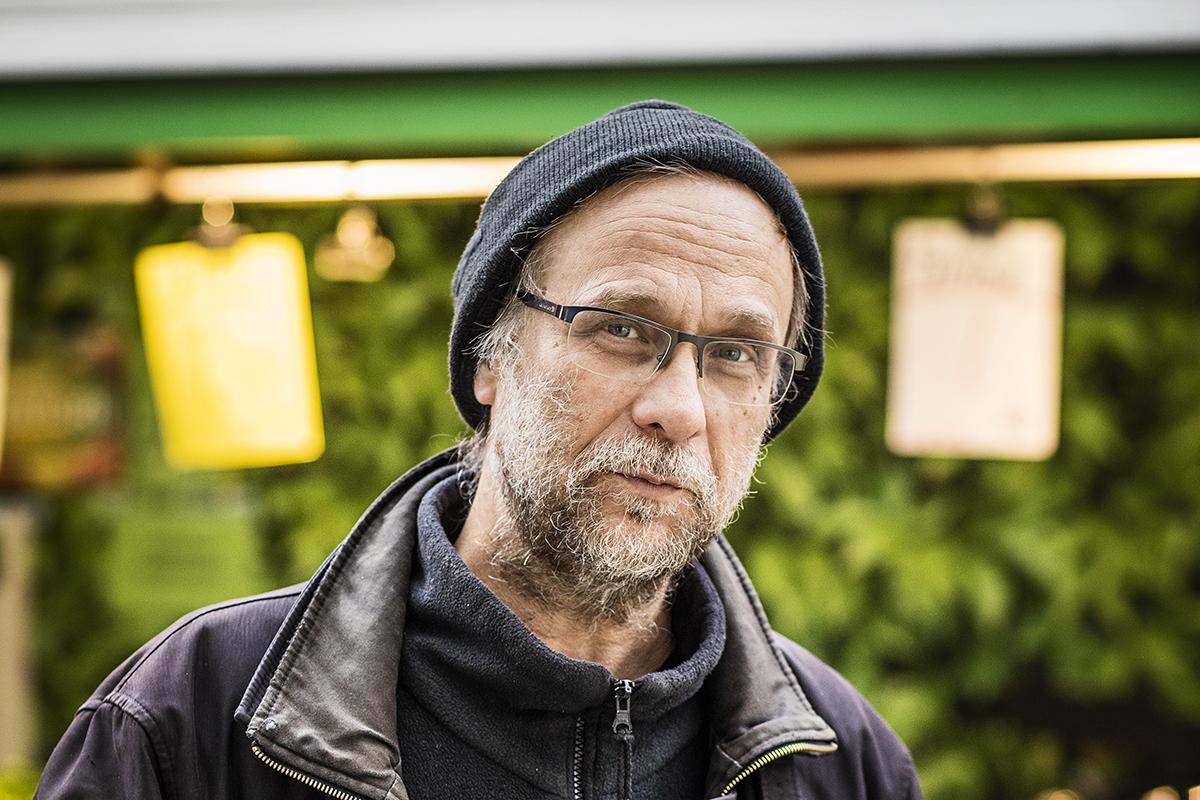Column by Risto Isomäki: An artist’s responsibility in tomorrow’s world
It is possible that the survival of our entire species depends on artists and art, science-fiction writer Risto Isomäki says.

It’s an eternal question: should art take a stand on different issues in society or alternatively, is it allowed to do so? I personally believe that there’s no use in making art if one doesn’t feel a certain passion for it. Often that means talking about things artists themselves find important.
Most of the best art works have been inspired by the great social injustices and struggles of their time. But because we no longer know how to read their historical contexts, we don’t recognise the political nature of the timeless and canonised master pieces from the past.
It would be wrong to prescribe obligations for art about improving the world. Artists should have both the right to raise awareness on things that they find important, as well as the right to not do so. But naturally, for the sake of the world, it would be important if at least some artists would consider helping or saving the world to be part of their role. It’s even possible that the survival of our entire species depends on it.
The world has become more and more complicated, while the ability of societies and political decision-making systems to process complicated information has decreased in a frightening way. Unless we’re able to discuss some of our biggest problems, our doom is inevitable, even if theoretically our worries should already be gone; after all, technically, we already have the solutions to all of our biggest problems.
We don’t know how to react to things that we don’t find real on an emotional level. If we let climate change get worse and to the point where the clathrates on the Arctic Ocean seafloor will release their stored methane to the atmosphere, total annihilation, or at least a total chaos, will ensue. Human as we are, it’s much easier for us to be afraid of a wolf seen by a fellow villager, because even though the threat it imposes is microscopically small, we find it more comprehensible than the layers of ice and methane on the bottom of the Arctic Ocean, which is basically Mars to us.
Art could have a big and even a crucial role in overcoming the dead ends affecting humanity. Art can create a space that enables a good line of communications and an understanding between people. It can also help us imagine what the threat scenarios that seem so distant to our daily reality could mean if they came true in practice. In other words, art may be our last hope.
Risto Isomäki
The column is based on Risto Isomäki’s speech in the opening of Uniarts Helsinki’s academic year on 5 September 2018. The text has originally been published as part of Uniarts Helsinki’s annual report.